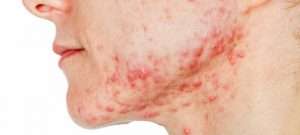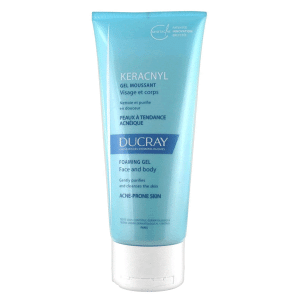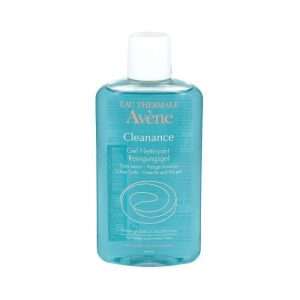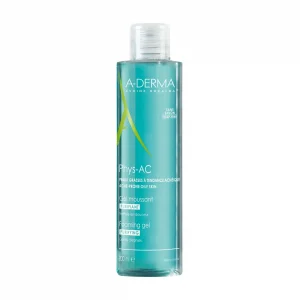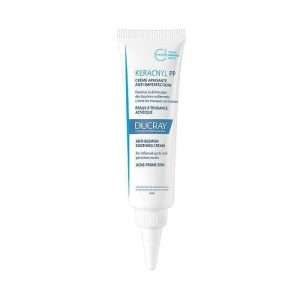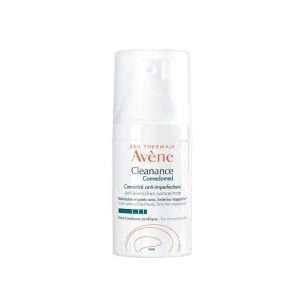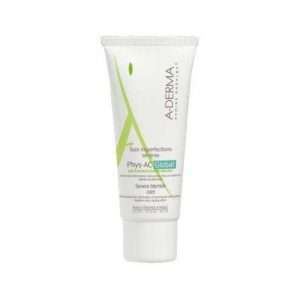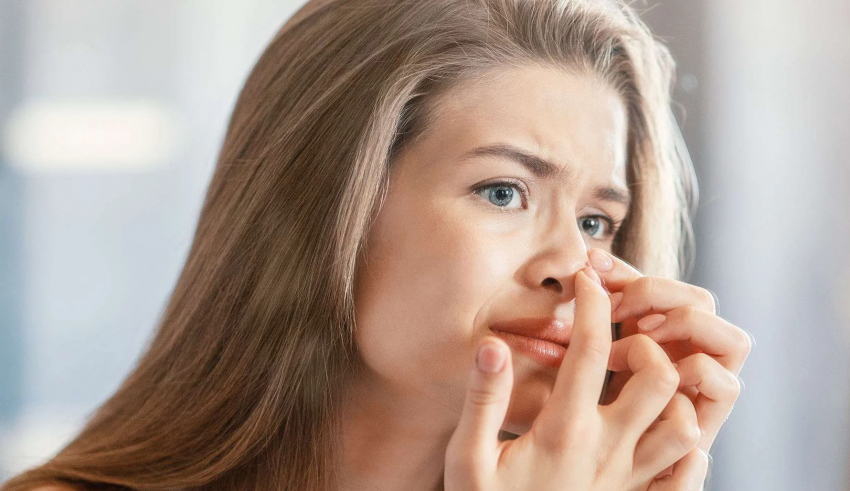
Most of us have experienced, at one time or another, the sudden formation of a papule or a pustule, or even a complete flare-up. Papules and pustules are just two symptoms of the general inflammatory condition that the medical literature calls “acne vulgaris”. It is more commonly known as “acne”.
Spots, bumps, pimples, breakouts – there are many words used to refer to acne. It is the most common skin condition in the world, affecting millions of people of all ages, races, and backgrounds. The Dermo Lab reached out to the dermatologist and cosmetologist Dr. Hanadi Abuyousif, who will talk about the causes, different types, and treatment options for acne vulgaris.
Read on!
What causes acne vulgaris?
It’s crucial that you don’t blame yourself for acne. Dr. Hanadi Abuyousif states that acne vulgaris is a multifactorial skin condition that causes inflammation of the skin’s sebaceous glands.
The sebaceous glands at the ends of your skin’s hair follicles are probably overactive, usually due to hormonal changes. The pores become clogged and inflammation follows. This happens especially around puberty, which is why so many teenagers get acne breakouts. As you enter early adulthood, those hormones may decrease enough that acne will start clearing up. However, acne can happen at any age.
Other causes include:
- Hormonal changes related to pregnancy or menstruation
- Certain medications
- Certain cosmetics and lotions
- High humidity and sweating
- Polycystic ovary syndrome (PCOS)
Dr. Hanadi Abuyousif adds that hormonal or hereditary acne can also be triggered by stress and lifestyle.
What are the types of acne vulgaris?
The first two types of acne – whiteheads, and blackheads – are both non-inflammatory. This type of acne is generally easier to treat than inflammatory acne.
The last four types – papules, pustules, nodules, and cysts – are inflammatory types of acne that can be more difficult to treat.
- Whiteheads: closed, clogged pores
- Blackheads: open, clogged pores
- Papules: small red bumps that do not contain pus
- Pustules: small bumps containing pus, with a white center and red, inflamed skin surrounding them
- Nodules: red painful bumps under the skin
- Cysts: large, red, inflamed, painful, and filled with pus
According to Dr. Hanadi Abuyousif, acne can be mild, moderate, or severe.
If you have mild acne, you probably have fewer than 20 blackheads or whiteheads. On the other hand, if you have moderate acne, you will have more blackheads and whiteheads.
Dr. Hanadi Abuyousif notes that the most severe form of acne vulgaris is nodulocystic acne, which forms inflamed, painful cysts and sinuses on the skin and can leave acne scars.
These outbreaks are not necessarily limited to the face. They can also appear on the back, shoulders, neck, and chest.
How to treat acne vulgaris?
Treatment goals include treatment and prevention of acne, as well as prevention of scarring. Dr. Hanadi Abuyousif believes that the best treatment depends on clinical assessment and can be either a topical or systemic treatment. She adds that treatment of acne vulgaris can last a few months up to a year, depending on the severity of the cases and compliance of patients.
1- Skin care products
Do you remember complaining about your mom when she made you wash your face daily? Turns out mom was absolutely right: regular skin cleansing is essential to keep your skin healthy and glowing.
It is very important to keep your face clean. The face should be cleansed twice a day with warm water and a soap-free cleanser that removes impurities and dead skin cells from the surface of your skin. You should avoid washing your face too often or using harsh soaps. Frequent washing can cause skin irritation and worsen symptoms.
Choosing a good cleanser can help rid your skin of bacteria that lodge in clogged hair follicles and cause breakouts. Here we take a closer look at 3 cleansers that will help you get the job done.
Ducray Keracnyl Foaming Gel
Eau Thermale Avène Cleanance Cleansing Gel
A-Derma Phys-AC Foaming Gel
In addition to cleansing, applying your topical acne treatment is another essential way to protect and soften your skin. Spot treatments help reduce inflamed pimples, remove excess oil, limit bacterial adhesion, and moisturize your skin. The result is long-lasting hydration and comfort for your skin.
In a sea of a million skin care products, which ones are truly the most effective acne treatments? It can be costly, time-consuming, and frustrating to try and find out, which is why we’ve rounded up the 3 most effective spot treatments. This is your go-to guide, covering all the products we recommend for acne-prone skin at a glance.
Ducray Keracnyl PP Anti-Blemish Soothing Cream
Eau Thermale Avène Cleanance Comedomed
A-Derma Phys-AC Global
2- Lifestyle changes
You may be wondering what lifestyle changes you can add to your skin care products. Here are a few to keep in mind:
- Avoid excessive sun exposure. Many acne medications increase your sensitivity to the sun and make you more susceptible to sunburn.
- Do not squeeze pimples. Don’t scratch or touch acne lesions as this can lead to scarring.
- Exercise. Regular exercise can have a beneficial effect on your overall health, stress levels, and, consequently, acne.
- Avoid foods that can make acne worse. Some evidence suggests that cow’s milk and foods with a high glycemic index can cause acne flare-ups.
- Avoid cosmetics. Not wearing makeup or other cosmetics can help prevent an acne outbreak. Any makeup used should be oil-free and non-comedogenic.
3- Prescription treatments
If acne does not improve after applying the measures described above, many different medications are available. Some are available over the counter, while others require a prescription.
For example, oral antibiotics are an important part in the treatment of moderate to severe inflammatory acne. They have an anti-inflammatory effect and are only available through prescription. These include the well-known doxycycline. Dr. Hanadi Abuyousif explains that the dosage of doxycycline for acne vulgaris can vary depending on the patient’s age, health status, and severity of the case.
Coping with acne vulgaris
Acne vulgaris can affect a person’s mental health. It can cause emotional stress in teenagers or anyone who feels self-conscious about their appearance. If you’re a parent and your child suffers from acne, help them by offering not only the remedies listed above but also emotional support.
If you are feeling depressed or anxious, seek help from a therapist throughout your acne journey. Acne vulgaris can be a stressful problem, but it is treatable. It may take several weeks or even months of treatment to see improvement, so be consistent with the treatment.
Last Updated on April 16, 2024
